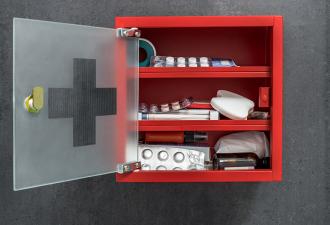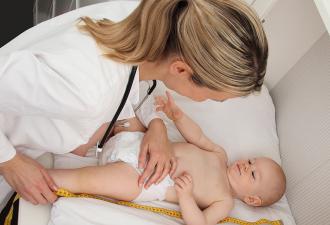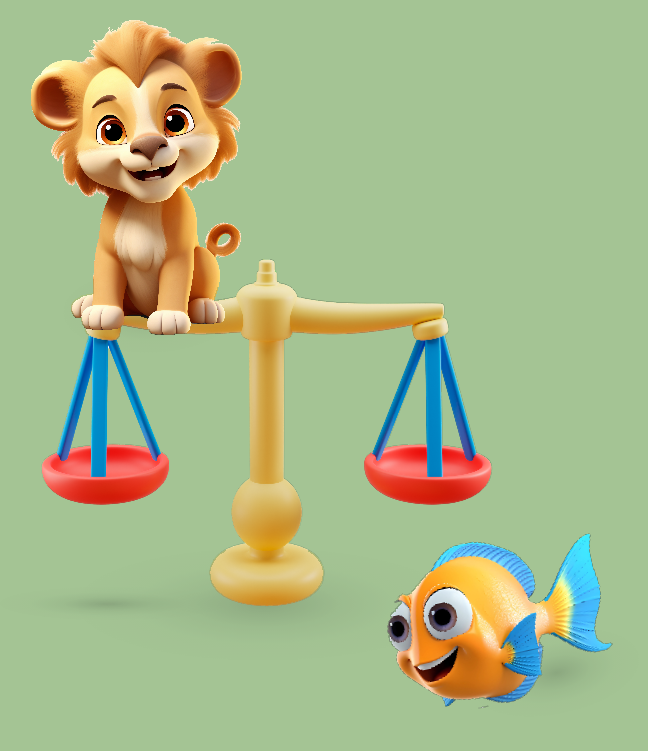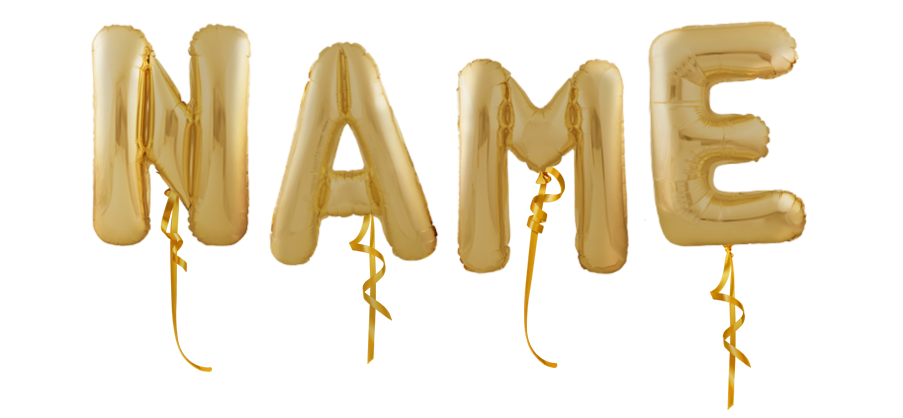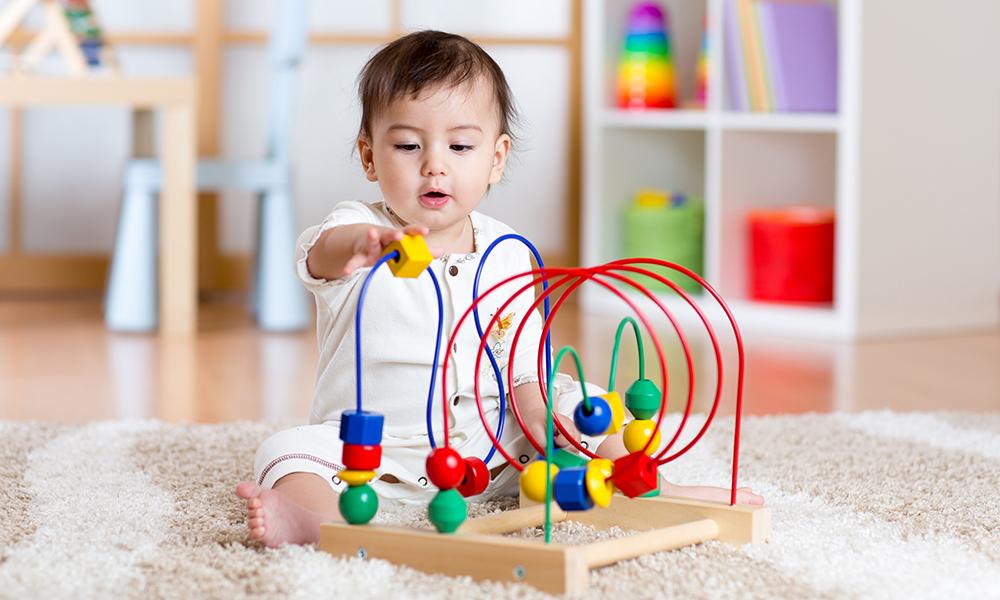
Developmental Milestones from 1 to 24 Months
What can an infant and a toddler do up to 24 months of age?
0 to 3 Months
- Exhibits automatic stepping (a newborn reflex).
- Holds their head to the side with arms flexed.
- Hands are often clenched into tight fists.
- Grasps objects reflexively when they come into contact with their palms (grasp reflex).
- Develops a social smile (around 6-8 weeks).
4 Months
- Can be pulled into a sitting position symmetrically and holds their head steady in the midline.
- Rolls from tummy to side with the whole body, arms and legs slightly flexed.
- Attempts to reach for objects.
- Shows interest and begins to distinguish familiar voices.
6 Months
- Lifts lower limbs and may grasp them with hands or bring them to their mouth.
- Rotates around their own axis (pivoting on their tummy).
- Responds with active limb movements and laughter when played with.
- Begins babbling with monosyllabic sounds.
8-9 Months
- Sits up on their own on the floor.
- Can stand supported by furniture or by holding onto someone.
- Bounces energetically.
- Attempts to crawl.
- Transfers objects from one hand to the other.
10-12 Months
- Frequently drops toys on the floor (enjoying the cause-and-effect).
- Pulls up to stand and can get back down to sit.
- Can walk if held by one hand.
- Holds a spoon, though not yet able to use it properly.
13-15 Months
- Stands alone, takes the first steps or may already be walking.
- Eats small pieces of food with their fingers.
- Holds a cup independently.
- Can turn the pages of a book.
16-18 Months
- Walks independently and crawls up stairs.
- Feeds themselves with a spoon.
- Scribbles on paper, showing a preference for one hand.
- Builds a tower of 2-3 blocks.
- Says 10-15 words (or more). Even if speaking fewer words, they understand many more.
22-24 Months
- Climbs stairs without assistance.
- Turns the pages of a book with thinner pages.
- Plays with modeling clay or playdough.
- Engages in pretend play (e.g., sweeping, cooking, feeding a doll).
- Points to body parts (body awareness).
It’s important to remember that there are normal variations in the timeline for reaching these milestones. You should not become overly concerned if your child achieves them earlier or, more importantly, later. Discuss any concerns with your pediatrician, who will determine if it’s a normal variation or if further evaluation is needed.
Katerina Katsibardi, MD, PhD
Paediatrician
Doctor of Medicine, National and Kapodistrian University of Athens
www.katsibardi.gr
Note: Regular paediatric check-ups are recommended. This article provides general information, and in any case, you should consult your pediatrician.


